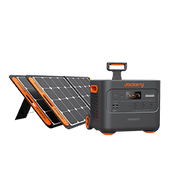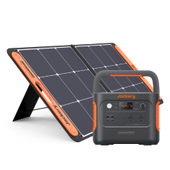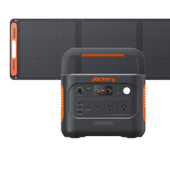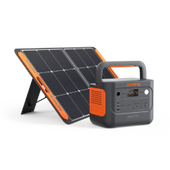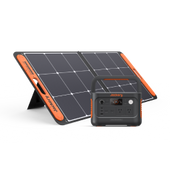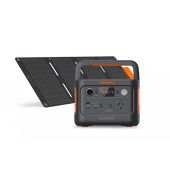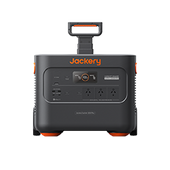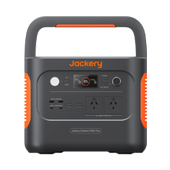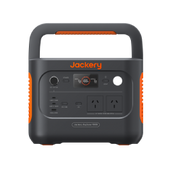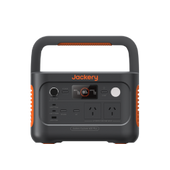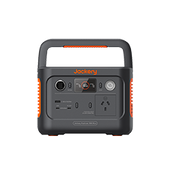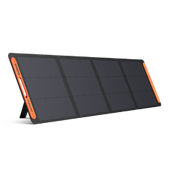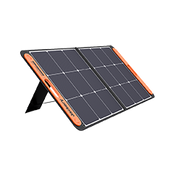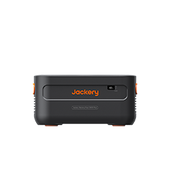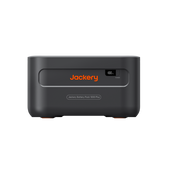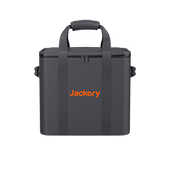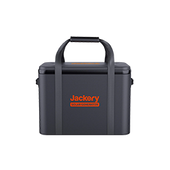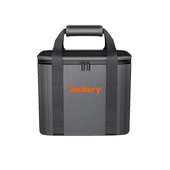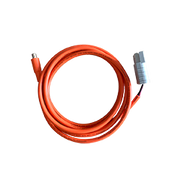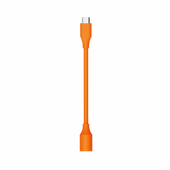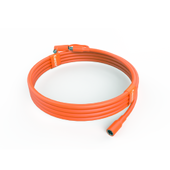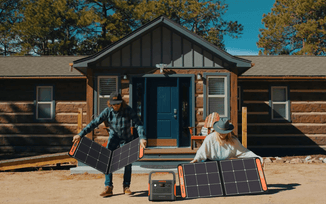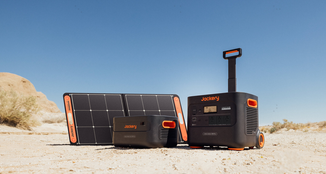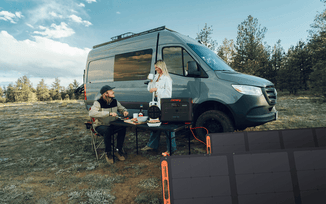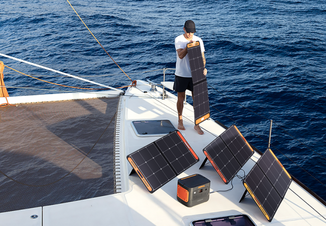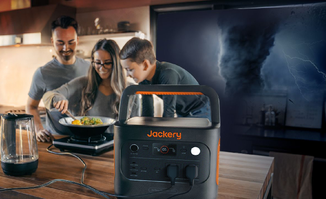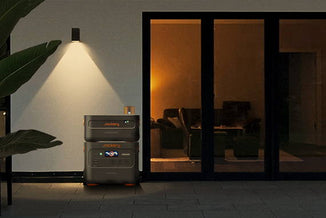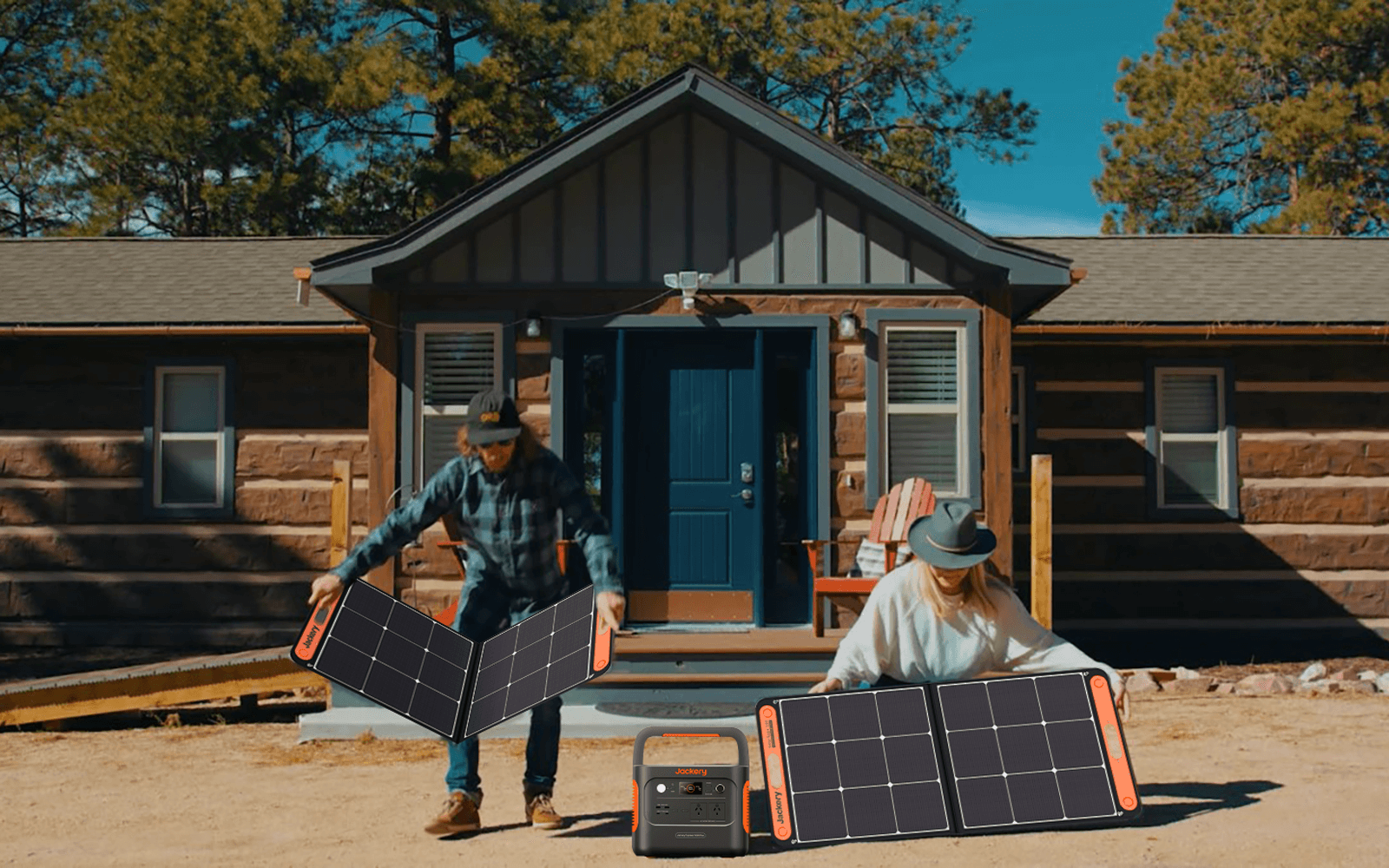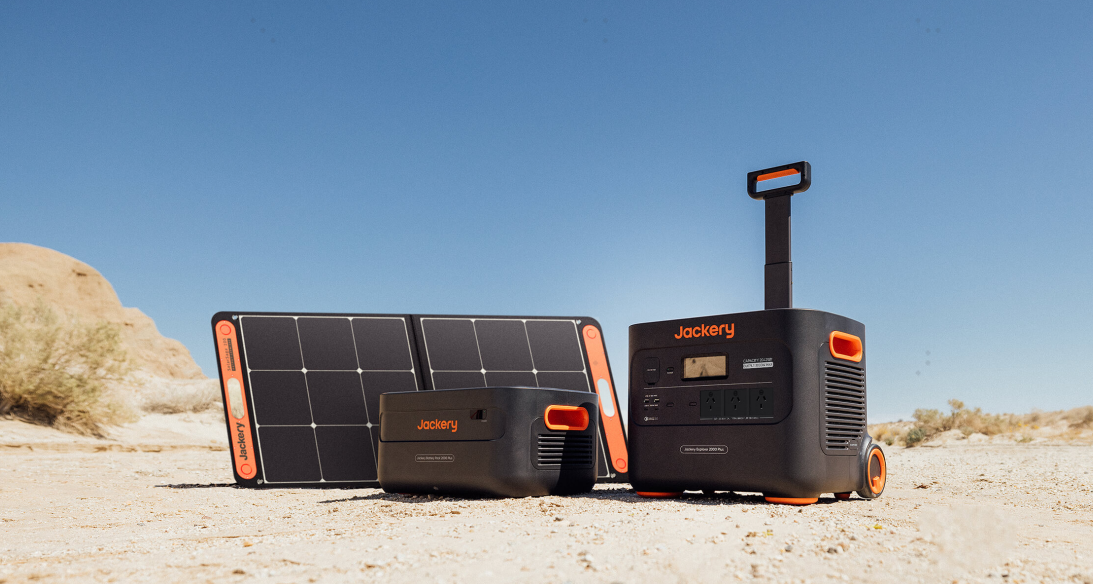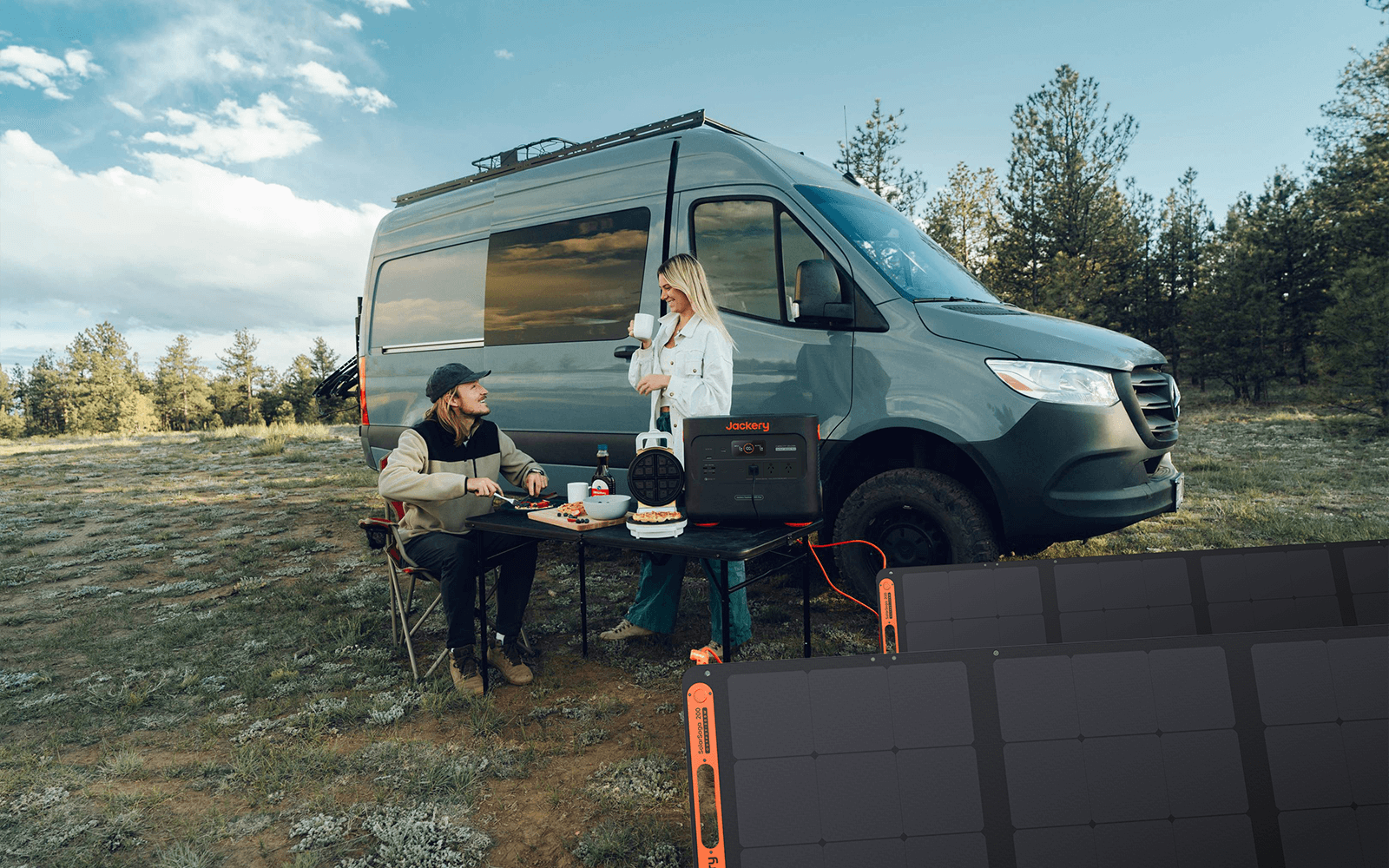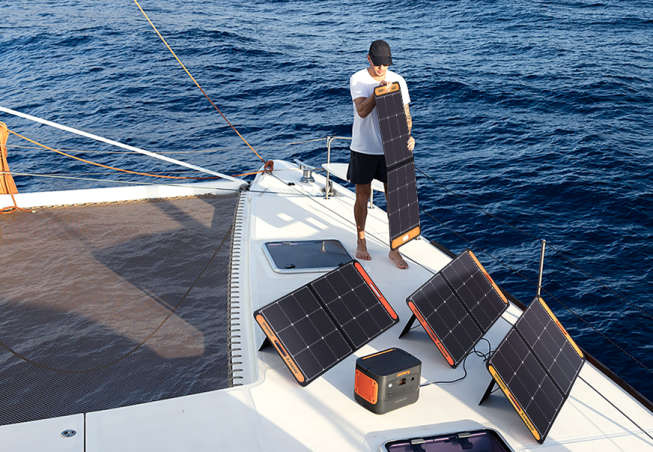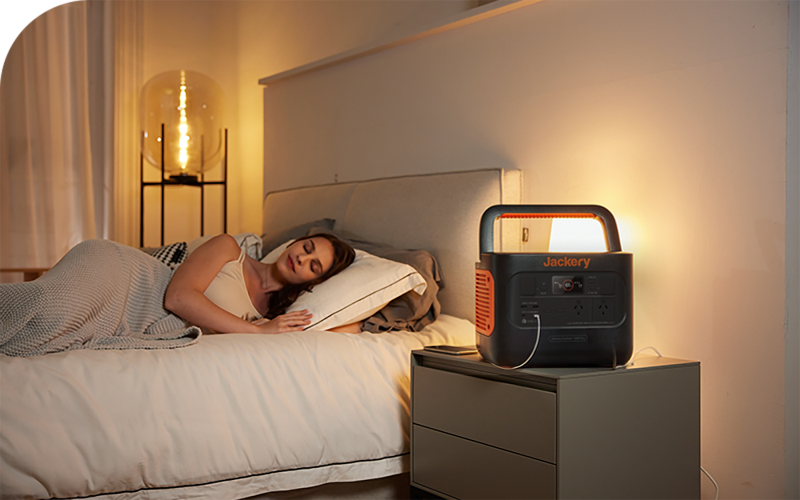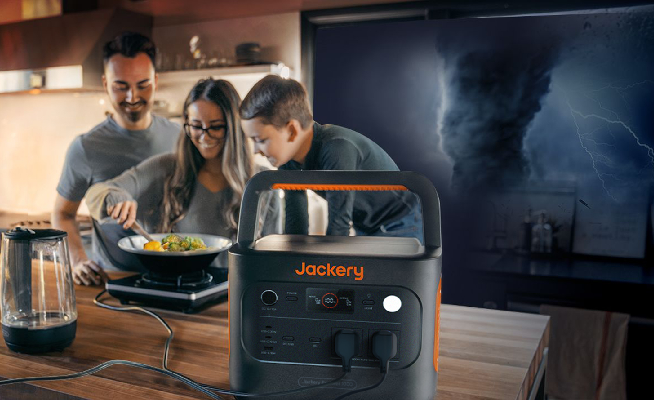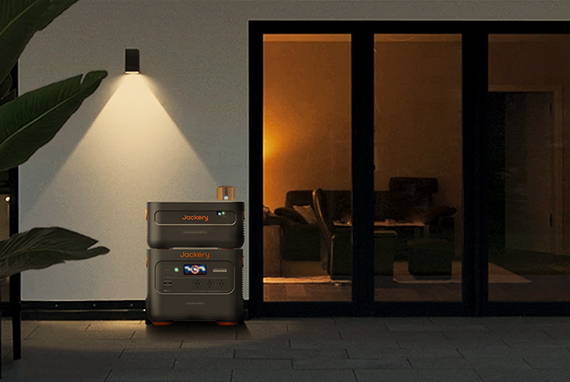Unleashing Power Security: Your Guide to Resilient Energy with Battery Backups in Australia
Unleashing Power Security: Your Guide to Resilient Energy with Battery Backups in Australia
In the context of increasing climate-related challenges and occasional system failures, Australians find battery backups more vital now than ever. These systems act as silent guardians in your home, ready to spring into action the moment your primary power source fails. Today’s advanced backup systems can power everything from your refrigerator to emergency medical equipment, effectively serving as an electrical safety net for your home.

Understanding Battery Backups
1. What Are Battery Backups?
Battery backups are devices that store electrical energy for use during any interruption in the regular power supply. In the event of a disruption to the main power source, the battery backup system immediately takes over, providing a seamless transition that allows essential household functions to continue without a hitch. This can range from keeping your refrigerator running to ensuring that essential medical devices remain operational, essentially guaranteeing that the necessities of modern living are not compromised.
2. The Significance of Battery Backups During Grid Disruptions
The immediate transition to a backup power source is not just a matter of convenience; it’s often critical for safety and can even be life-saving in certain situations. For instance, in homes with elderly members who rely on powered medical equipment, a sudden power loss without backup could have severe implications. Similarly, during extreme weather conditions, maintaining a stable indoor environment can be crucial, and that often requires a reliable energy source to power heating or cooling systems. Battery backups ensure that you are never caught off guard and that essential household functions continue almost as if there was no disruption at all.
3. Energy Security in Extreme Weather Regions
The relevance of battery backups extends even further in regions susceptible to extreme weather events such as storms, bushfires, or cyclones. These events often lead to power outages lasting several hours or even days. For residents in these areas, a battery backup system is not just a good-to-have accessory; it’s a vital component for home safety and energy security. Having a robust battery backup ensures that you can weather the storm without losing access to essential services and devices in your home.
As climate change continues to manifest in unpredictable weather patterns, the notion of energy security is taking on increased importance. Battery backups offer a step towards individual energy autonomy, providing a cushion against both short-term grid failures and long-term energy security challenges. In a world that is increasingly vulnerable to energy supply disruptions, having a battery backup is akin to having an energy security blanket. Understanding backup batteries means recognizing their role as immediate, reliable energy sources that maintain essential household functions during power disruptions.
Exploring Types of Backup Batteries
Battery backups come in various forms and technologies, each with its own set of advantages and limitations. The suitability of these technologies can vary greatly depending on individual household needs and the specific challenges posed by Australia’s diverse climate and geography. Let’s dive into some of the most commonly used backup battery technologies to understand which might be the best fit for Australian homes.
1. Lead-acid Batteries
- Advantages: Lead-acid batteries are among the oldest and most established types of rechargeable batteries. They are generally inexpensive and simple to produce. They exhibit one of the lowest self-discharge rates among rechargeable battery systems.
- Limitations: These battery backups have a lower energy density compared to other types, meaning they take up more space. They also have a shorter lifespan due to repeated deep-cycling. Moreover, the lead content and electrolyte render the battery environmentally detrimental.
2. Lithium-Ion Batteries
- Advantages: Lithium-ion batteries come lighter and more compact than lead-acid batteries, offering a higher energy density. They are also more tolerant of partial charge cycles, which means they don’t need to be fully drained before being recharged.
- Limitations: The initial cost for lithium-ion systems is higher than for lead-acid. However, their longer lifespan and greater efficiency often make them more cost-effective battery backups in the long run.
3. Emerging Energy Storage Systems
- Advantages: New technologies like solid-state batteries and flow batteries offer even higher energy densities and longer lifespans. They are also often made from more abundant or safer materials.
- Limitations: These technologies are still in the development phase or are just entering the market, making them more expensive and less readily available. Their long-term reliability in a household setting has yet to be fully established.
In the context of Australia’s varied climate and increasing focus on renewable energy, lithium-ion batteries generally offer the most balanced solution. Their efficiency, lifespan, and ability to work well with other equipment like solar panels make them an increasingly popular choice.
Factors to Consider When Selecting Battery Backups
If you need to purchase a backup battery, the subsequent section might shed some light on guiding your direction.
1. Power Needs Assessment
Before investing in a backup battery system, it’s crucial to evaluate your household’s energy consumption. Knowing how much power you typically use will help you determine the battery capacity you’ll need. This means looking at your electricity bills, identifying peak usage times, and understanding which appliances and systems are most critical during an outage. Oversizing can lead to unnecessary costs, while undersizing can leave you without enough backup power when you need it the most. Accurate power needs assessment is the cornerstone of selecting the most appropriate backup battery for your home.
2. Efficiency and Performance
Another critical aspect to consider is the efficiency of the battery system. A more efficient battery means you get more of the stored power back within the same amount of time, making it a more cost-effective option in the long run. Additionally, the battery’s performance in various temperatures and conditions should be reviewed, especially given Australia’s diverse climates.
3. Integration with Solar Energy
If you already have or are considering installing a residential solar system, then it’s worthwhile to consider how a solar battery backup can integrate with it. A solar-compatible backup battery can store excess solar power generated during the day for use during the night or cloudy periods. This not only reduces your electricity bill but also enhances your home’s overall energy sustainability. Certain advanced solar battery backup systems even offer software that allows you to monitor and control the integration with your solar setup seamlessly.
4. Safety and Maintenance
Safety is the topmost priority when dealing with electrical systems. Ensure that the backup battery you choose comes with built-in safety features like surge protection, overcharge protection, and temperature regulation. Maintenance is another critical aspect; some systems require regular checks and servicing, while others, like most modern lithium-ion systems, are virtually maintenance-free. All they need is regular inspection for optimal functionality.

Solar Power Stations: The Optimal Backup Battery
With specific types of batteries in mind, you may wonder what kind of energy resources you should utilize in Australia. The fact reveals that solar power outperforms various options due to Australia’s abundant sunlight, making this country an ideal location for solar power solutions.
Solar power stations, in particular, stand out as optimal backup batteries for households across the country. These compact, all-in-one systems not only store energy but also come with built-in inverters and solar charge controllers. These features make them particularly suited for Australia’s climate and emphasis on renewable energy. If you’re looking for an effective backup solution, consider investing in a portable power station in Australia tailored for solar compatibility because you will find its strengths go far beyond what has been listed.
1. Renewable Energy Utilization
Solar power stations are designed to harness energy directly from the sun, making them inherently renewable. This feature is especially crucial in a country like Australia, where the focus on sustainable energy is not just a trend but a necessity, given the ongoing environmental challenges. When connected to solar panels, these power stations can store significant amounts of energy, providing a virtually endless supply of electricity as long as the sun is shining.
2. Carbon Footprint Reduction
Utilizing a solar power station as your backup battery system directly reduces your household’s carbon footprint. Since the energy stored is sourced from the sun, it negates the need to draw from the grid, which in Australia is still largely powered by fossil fuels. It not only helps you save on electricity costs but also aids in the larger battle against climate change.
3. Prolonged Power Support
One of the most compelling features of solar power stations is their ability to offer prolonged power support. Unlike conventional battery backups that need to be recharged from the grid, solar power stations continually recharge themselves as long as they’re exposed to sunlight. This means they can provide enduring backup power during extended outages, a feature that becomes incredibly significant in regions susceptible to extreme weather events or in situations where grid stability is compromised.
Tailored Recommendations for Diverse Households
Now that we’ve explored various batteries and the appropriate sustainable energy source in Australia, it is time for us to reveal the backup battery solution perfectly tailored to the Australian context.
For larger households with greater energy demands, the Jackery Explorer 2000 Pro portable power station offers a robust solution. It has a high-capacity lithium-ion battery and multiple output options, ensuring you can keep various household appliances running during a power outage. With its 2160Wh capacity and output power of 2200W, this power station can effortlessly run your refrigerator, TV, and even some medical devices, ensuring seamless functioning when the grid lets you down.
This model is also solar-ready, allowing for an eco-friendly recharge via solar panels. In a large household where energy demands are high and uninterrupted power is crucial, the Jackery Explorer 2000 Pro portable power station stands out as a reliable and efficient backup solution.

For smaller households or those who primarily need backup for essential appliances, the Jackery Explorer 1000 Pro portable power station offers a balanced combination of portability and power, especially when considering home battery backup. With a 1002Wh lithium-ion battery, this power station is more than capable of keeping your lights on, charging your devices, and running small appliances like a fan or a mini-fridge. Its compact size makes it easy to move around, and like its bigger sibling, it’s also solar-compatible, making it a sustainable option for power backup. In emergencies or during short-term outages, it delivers reliable, essential power to meet the needs of smaller households, making it an excellent choice for home battery backup solutions. Both models are solar-compatible, enhancing their utility as sustainable, reliable backup solutions.

Conclusion
In today’s increasingly interconnected and energy-dependent world, the necessity for reliable power solutions, including battery backups, cannot be overstated, especially for Australian households. Australia’s unique climatic challenges and frequent extreme weather events make it crucial to have an uninterrupted power supply. A well-chosen backup battery can serve as a lifeline in times of emergency, enabling your home to maintain essential functions and ensuring the well-being of your family. Therefore, the importance of making an informed decision about which backup battery to invest in is not just a matter of convenience but one of safety and security.
Solar power stations have emerged as an especially promising solution, uniquely suited to Australia’s environmental context. Their ability to harness renewable solar energy offers a sustainable alternative to traditional backup batteries. More importantly, solar power stations like those from Jackery’s range not only provide resilience in the face of power outages but also manage a more sustainable future through carbon emissions reduction. These compact, all-in-one units are essentially miniature power grids you can have at home, providing a sustainable, reliable, and long-lasting power backup option.
Whether you have a large home requiring significant backup power or a smaller household needing only essential power backup, tailored solutions like the Jackery Explorer 2000 Pro portable power station and the Jackery Explorer 1000 Pro portable power station offer a blend of reliability, efficiency, and sustainability in solar battery backups.
Best-selling Jackery Solar Generator
PAGE CONTENTS
New Arrival
Hurry up! Sale ends once the timer hits zero
00Days
00Hrs
00Mins
00Secs

